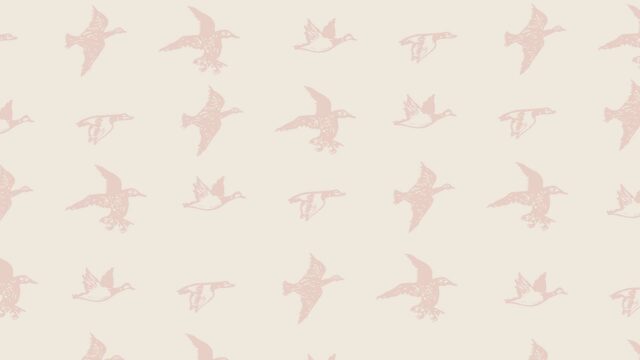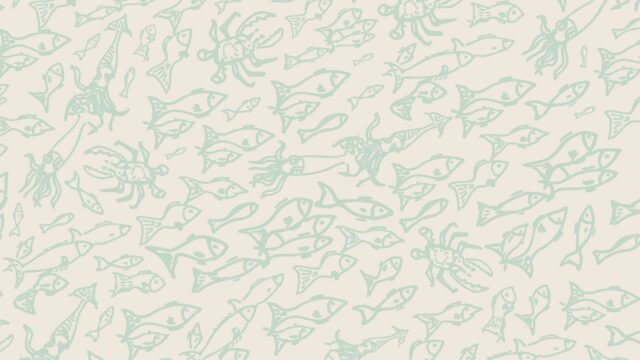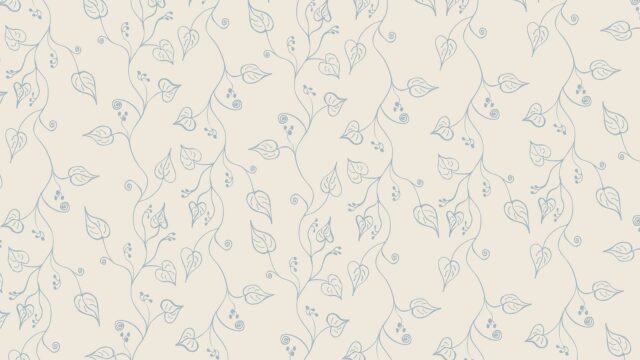custodian Content and Metadata
Elders
Granny Tungai was a respected Yuin Elder whose life was rooted in the coastal Country now known as the Eurobodalla region of NSW. She lived and raised her family on the lands and waters around Congo, Bingi, Wallaga Lake and the wider Mullimburra area, Country that continues to hold evidence of long-standing Yuin occupation through middens, campsites, story places and burial grounds documented in regional heritage studies.
Granny Tungai is remembered in Yuin oral history as a “clever woman”. She kept ganeena beetles in a small dilly bag and used them for magical purposes. With no suitable successor to carry this responsibility, she is said to have hidden the ganeenas in a hollow log. She is also remembered for sitting in a chair carved from granite on the northern side of Brou Lake facing the sea and looking toward Montague Island. From there, people say, she called in dolphins and sent messages through them to the men on the island. She embodied the continuity of Yuin women’s law during a time when colonial pressure sought to silence it.
Granny’s Point, where the Umbarra (Black Duck) Cultural Centre is now located, is named after Granny Tungai. Umbarra is a modern teaching and learning place that echoes the memory of Granny Tungai, a central knowledge holder of her time. Granny Tungai represents a generation who lived through attempted removals and controls yet continued to maintain cultural law, kinship and connection to Country.
Sources
| Category | Spirituality & Religion |
|---|---|
| Topic | Spirituality & Creation |
| Author | Dr Libby Lee-Hammond |



